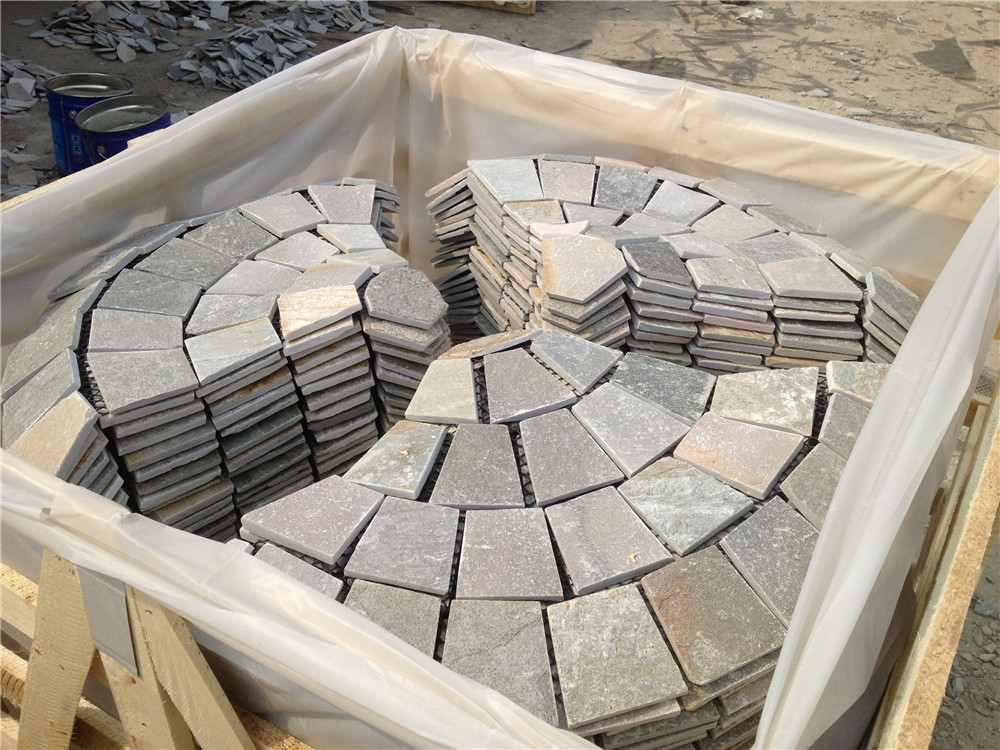Introduction:
When it comes to enhancing the aesthetic appeal of a building's exterior or interior, the choice between stone veneer and natural stone is a crucial decision that architects, builders, and homeowners must make. Both options offer a timeless and elegant look that can elevate the overall design of a space. However, there are significant differences between stone veneer and natural stone in terms of cost, installation, maintenance, and environmental impact. In this comprehensive comparison, we will explore the characteristics of stone veneer and natural stone to help you make an informed decision based on your specific needs and preferences.
1. Definition and Composition:
- Stone Veneer: Stone veneer is a thin layer of stone that is manufactured to replicate the look of natural stone. It is composed of a blend of Portland cement, aggregates, and iron oxides that are molded and colored to mimic the appearance of natural stone.
- Natural Stone: Natural stone is quarried from the earth and is cut into various shapes and sizes for use in construction. It is available in a wide range of types, including granite, marble, limestone, sandstone, and slate, each with its unique characteristics and color variations.
2. Hexagon mosaic tile for contemporary spaces :
- Stone Veneer: Stone veneer is generally more affordable than natural stone due to its manufacturing process and lighter weight, which reduces transportation and installation costs. The price of stone veneer can vary depending on the quality, style, and brand.
- Natural Stone: Natural stone is typically more expensive than stone veneer due to the costs associated with quarrying, cutting, and transportation. The price of natural stone varies based on the type of stone, rarity, and quality.
3. Installation Process:
- Stone Veneer: The installation of stone veneer is relatively simple and can be done by DIY enthusiasts or professionals. Stone veneer is lightweight and can be installed using adhesive or mortar on various surfaces, including drywall, plywood, and concrete.
- Natural Stone: Installing natural stone requires specialized skills and tools due to its weight and irregular shapes. Natural stone must be carefully laid out and secured with mortar or grout to ensure a durable and long-lasting finish.
4. Maintenance and Durability:
- Stone Veneer: Stone veneer is generally low maintenance and does not require sealing or regular upkeep. However, it may be prone to chipping or cracking over time, especially in high-traffic areas.
- Natural Stone: Natural stone is highly durable and long-lasting when properly maintained. It may require periodic sealing to protect against stains and moisture damage. Natural stone is resistant to fading, scratching, and weathering, making it a popular choice for outdoor applications.
5. Aesthetic Appeal:
- Stone Veneer: Stone veneer offers a wide range of colors, textures, and patterns to suit various design preferences. It can be customized to replicate the look of natural stone, brick, or other materials, providing versatility in design options.
- Natural Stone: Natural stone exudes a timeless and authentic beauty that cannot be replicated by manufactured materials. Each piece of natural stone is unique, with distinct veining, color variations, and textures that add character and sophistication to any space.
6. Environmental Impact:
- Stone Veneer: Stone veneer is a sustainable choice compared to natural stone, as it is manufactured using recycled materials and requires less energy and resources to produce. Additionally, stone veneer can be recycled at the end of its life cycle.
- Natural Stone: Quarrying natural stone can have a significant environmental impact, leading to habitat destruction, soil erosion, and water pollution. However, some natural stone suppliers adhere to sustainable practices, such as reclamation and recycling, to minimize their ecological footprint.

7. Applications and Versatility:
- Stone Veneer: Stone veneer is versatile and can be used in a variety of applications, including accent walls, fireplace surrounds, exterior cladding, and landscaping features. It is available in thin panels or larger pieces for different design requirements.
- Natural Stone: Natural stone is well-suited for high-end projects that require a luxurious and authentic look, such as custom homes, upscale commercial buildings, and historic restorations. It can be used for flooring, countertops, facades, and outdoor hardscaping elements.
8. Conclusion:
In conclusion, the choice between stone veneer and natural stone ultimately depends on your budget, design preferences, and project requirements. Stone veneer offers a cost-effective and customizable alternative to natural stone, with easy installation and low maintenance benefits. On the other hand, natural stone provides a timeless and upscale aesthetic that adds value and sophistication to any space. Consider the factors discussed in this comparison to determine the most suitable option for your next building or renovation project.
